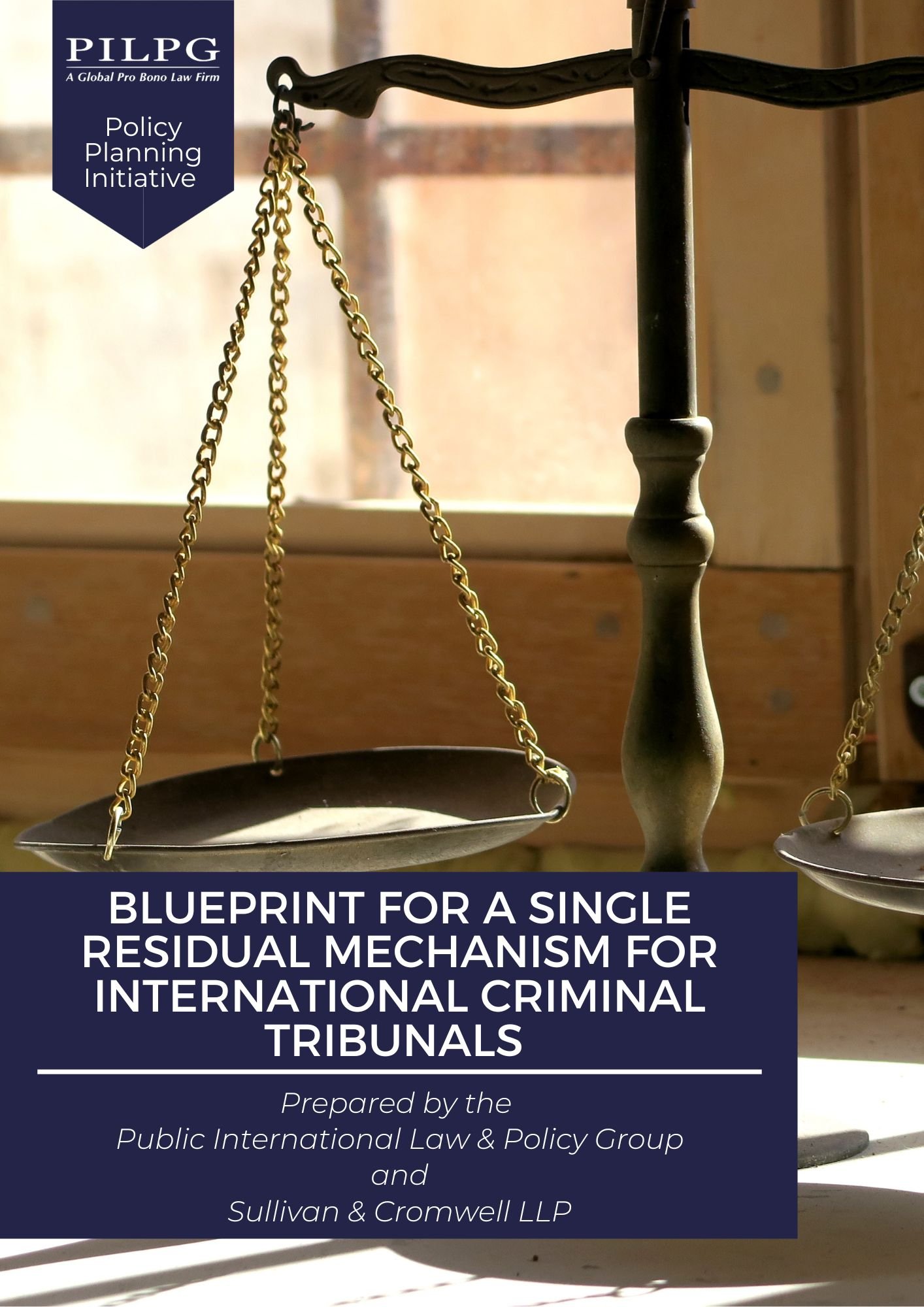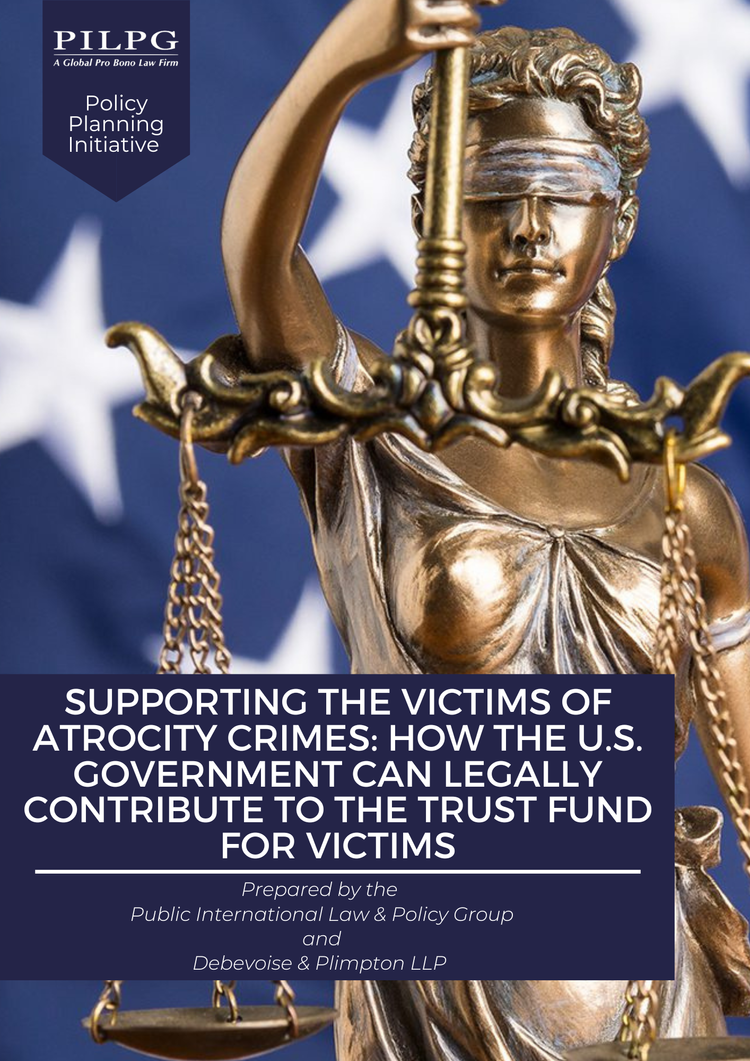PILPG actively contributes to thought leadership on urgent legal and policy challenges through its publication of legal and policy papers. These comprehensive documents, offer clear but in-depth insights and perspectives on the most critical legal and policy issues currently facing the international community. We invite you to explore our repository of PILPG legal and policy papers where you'll find a wealth of knowledge and expert viewpoints on a range of pertinent topics spanning:
Accountability | Governance | Natural Resources | Peace Negotiations | Repurposing Frozen Assets | Security | Territorial Disputes
Newest Release:
In modern conflicts, the deliberate targeting and destruction of cultural heritage aims to erase the history and identity of communities—a tactic that remains egregiously under-prosecuted.
To support Ukraine’s pursuit of justice during the ongoing Russian war of aggression, the Public International Law & Policy Group (PILPG), in collaboration with Davis Polk & Wardwell, has developed a comprehensive legal paper.
This resource examines the evolution of cultural war crimes in international law, analyzes key legal frameworks such as the 1954 Hague Convention, and identifies lessons from prior prosecutions. It also provides practical guidance tailored to Ukraine’s justice system, addressing procedural and evidentiary challenges to ensure robust accountability mechanisms for the destruction of cultural property.





































